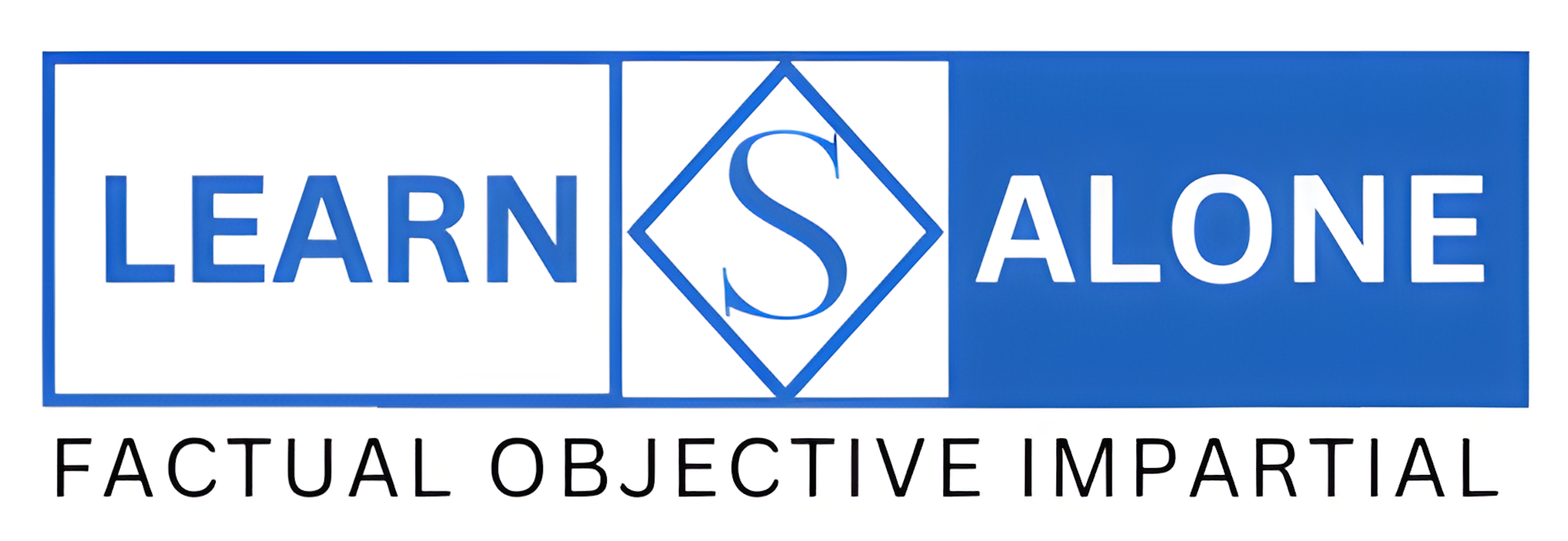By Edward Dictionary Caulker
In democratic societies, politics is ideally a sacred call to serve, an opportunity to lead with vision and selflessness, and a platform to engineer social transformation.
However, in Sierra Leone today, a sobering question is being asked with increasing urgency in every corner of society—from bustling street corners to student campuses, from radio talk shows to heated discussions on WhatsApp: Has politics become a money-making venture?
This question resonates even more deeply following the reflections of Rev. Fr. Dr. Leonard O. Bangura, Head of the Political Science Department at Fourah Bay College, and Hon. Bamie Chidie, a seasoned political analyst, during their recent appearance on the Epic Morning Show. Their comments captured the disillusionment that many citizens feel and highlighted a troubling evolution in our political culture—one in which public office is increasingly seen not as a space for sacrifice, but as a shortcut to personal gain.
From Patriotism to Profit
In the post-independence era, Sierra Leone’s political class was characterized by ideological depth and patriotic resolve. Leaders were admired for their humility, their commitment to national unity, and their willingness to endure personal hardship for the common good. Today, that spirit seems largely replaced by a culture of opportunism, where political engagement is often motivated by self-interest rather than public duty.
It is not just the politicians who have changed; the very perception of politics by the public has shifted. To many Sierra Leoneans, political office now appears to be the most direct path to luxury, impunity, and influence. This perception—whether exaggerated or rooted in reality—undermines public trust and breeds a dangerous form of cynicism, especially among the youth.
Signs That Politics Has Become a Hustle
The monetization of politics in Sierra Leone is evidenced in multiple ways:
Campaigns Defined by Cash: In modern elections, aspirants are more likely to be judged by the thickness of their envelopes than by the content of their manifestos. “Money for the boys” has become the unofficial currency of political relevance.
Transactional Voting: Voters often expect direct financial incentives in exchange for their votes. This practice erodes the essence of democracy, turning elections into a market where votes are commodities, not convictions.
Cross-Carpeting Without Conviction: Politicians frequently switch parties, often in pursuit of financial security or political survival rather than ideological alignment. Party loyalty is increasingly dictated by who can offer more, not who stands for more.
Lavish Lifestyles: It is not uncommon to witness public officials displaying sudden wealth—fancy vehicles, new mansions, foreign bank accounts—with little explanation or consequence. Public service, in this context, becomes a jackpot.
Youth Tokenism: Political parties recruit young people, not for meaningful participation, but as foot soldiers during campaigns. Many of these young men and women see political engagement as a means of economic escape rather than civic duty.
Root Causes of Political Monetization
This disturbing trend is driven by a cocktail of structural and social weaknesses:
Institutional Fragility: Weak regulatory bodies and a lack of judicial independence mean that corruption often goes unpunished. There is little fear of consequences, which emboldens impunity.
Economic Desperation: With limited employment opportunities, politics is perceived as one of the few viable avenues for financial success. This desperation breeds opportunism.
Low Civic Awareness: Many citizens, particularly in rural areas, have limited understanding of governance and policy. Politicians exploit this by offering short-term rewards in exchange for long-term power.
Opaque Party Politics: Internal party democracy is often absent. Candidates are selected based on favouritism, backdoor deals, or financial muscle, further entrenching a culture of exclusion and manipulation.
Is Redemption Possible?
Despite these challenges, all hope is not lost. Across Sierra Leone, a growing number of citizens—especially youth, women, journalists, and civil society actors—are calling for a new political order. They demand leadership that is accountable, transparent, and genuinely committed to service.
Some of the reforms needed to rescue politics from monetization include:
Campaign Finance Regulation: Enforcing limits on campaign spending and ensuring transparency in donations can help level the playing field and reduce undue influence.
Asset Declaration and Lifestyle Audits: Public officials must be required to declare their assets before and after serving in office. Lifestyle audits should become standard practice to ensure accountability.
Civic Education: It is imperative to educate citizens—particularly first-time voters—on the role of governance, the power of their vote, and the dangers of vote-buying.
Youth Empowerment Through Ideas: Young people must be empowered not just economically, but intellectually. Political parties must create meaningful spaces for youth participation in policy development, not just campaign mobilization.
Final Reflection: Mirror or Mirage?
So, has our politics truly become a business venture? The honest answer is yes—for many, it has. Politics in Sierra Leone today is widely perceived as a space where the few enrich themselves at the expense of the many. But this reality is not destiny. It is a mirror of our current failings, not a mirage of what must always be.
We must remember: when politics becomes a money-making venture, democracy becomes a business deal, and citizens become clients—paying with their votes but receiving no service. If this continues unchecked, we risk alienating an entire generation who may come to believe that political success is not earned through service, but bought through strategy.
The time has come to reclaim politics—to raise the bar, to redefine leadership, and to remind ourselves that politics is not a hustle. It is a heritage, a duty, and above all, a trust. Let us not sell it short.



